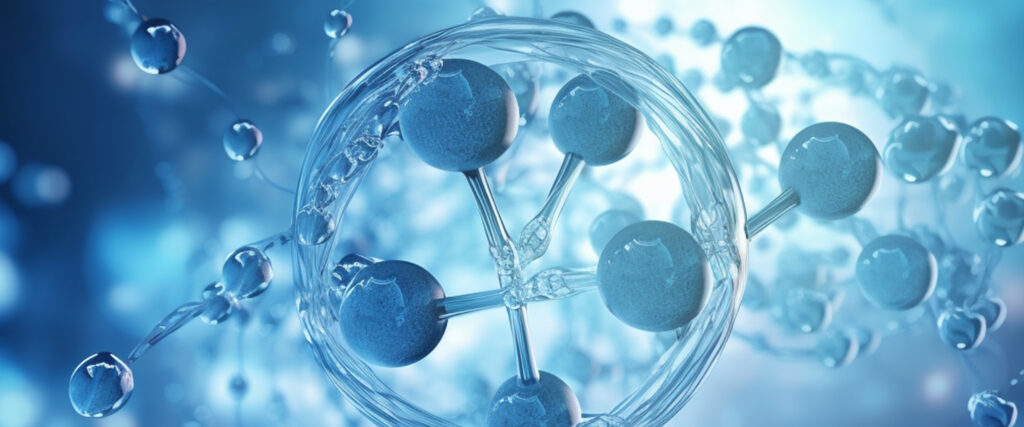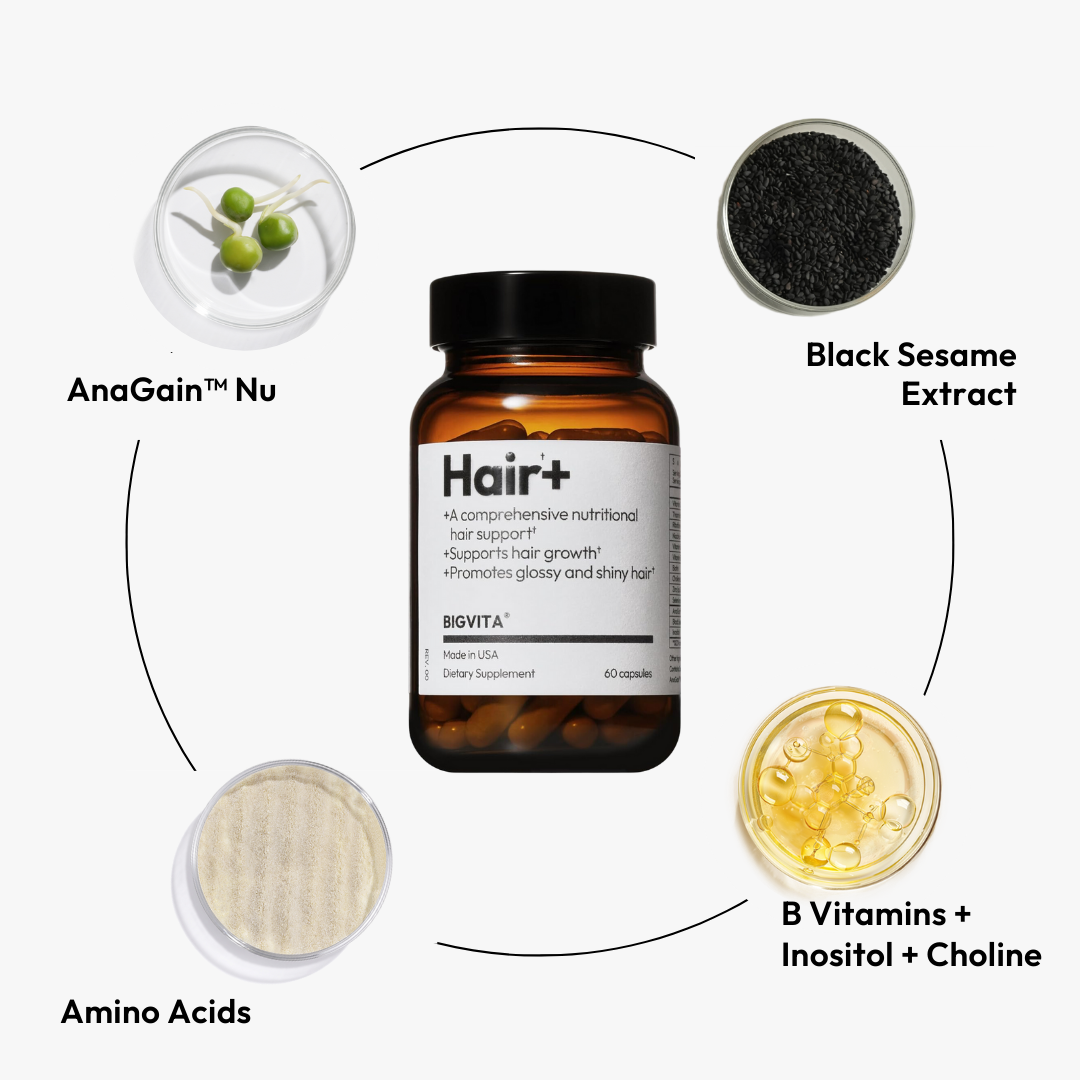In the quest for a longer and healthier life, scientists and researchers have delved into the intricate world of cellular biology, seeking clues that could unlock the secrets to aging and longevity. Among the myriad molecules and compounds that have caught their attention, one has emerged as a potential key player in promoting cellular health and extending lifespan: spermidine. This naturally occurring polyamine has captured the imagination of researchers due to its fascinating properties and potential benefits for human health.
The Basics of Spermidine:
Spermidine is a polyamine compound found in various living organisms, including plants, animals, and bacteria. It is essential for cell growth, differentiation, and overall cellular function. The name “spermidine” is derived from its initial discovery in human semen, but it is important to note that it is not exclusive to reproductive functions.¹
Cellular Renewal and Autophagy:
One of the most captivating aspects of spermidine is its potential to enhance a cellular process called autophagy. Autophagy is a natural mechanism through which cells degrade and recycle damaged or dysfunctional components. Think of it as a cellular “clean-up” process that helps maintain the cell’s health and vitality. As cells age, their ability to carry out efficient autophagy diminishes, which can lead to the accumulation of cellular waste and dysfunction. This, in turn, contributes to the aging process and the development of various age-related diseases.
Spermidine appears to bolster autophagy, which means it ensures that cells continue to effectively rid themselves of waste and damaged components. This rejuvenating effect on cellular function has garnered significant attention from researchers aiming to find ways to combat the detrimental effects of aging.²
Aging and Longevity:
Numerous studies, mostly conducted on model organisms like yeast, worms, flies, and mice, have shown promising results regarding spermidine’s potential impact on aging and lifespan extension. In these studies, the administration of spermidine led to improved healthspan (the period of life spent in good health) and extended lifespan in the test subjects. While the translation of these findings to human health is still under investigation, the results are encouraging and have sparked further research into the mechanisms underlying spermidine’s effects.³
Cardiovascular Health:
Apart from its potential anti-aging effects, spermidine has also shown promise in promoting cardiovascular health. Some studies suggest that spermidine intake may help reduce blood pressure, prevent the buildup of arterial plaques, and decrease the risk of heart disease. These benefits could be attributed to spermidine’s ability to enhance autophagy, which helps remove cholesterol and other debris from blood vessels.⁴
Sources of Spermidine:
Spermidine is naturally present in various foods, particularly those that are rich in protein. Foods like soybeans, lentils, peas, whole grains, and certain types of cheese are considered good dietary sources of spermidine. Fermented foods, such as aged cheese, also tend to have higher spermidine content. However, the levels of spermidine in these
foods can vary widely based on factors like processing, ripeness, and cooking methods. On the other hand, dietary supplements could be another good source of Spermidine.⁵
As the pursuit of healthy aging and longevity continues, spermidine stands out as a captivating molecule that offers potential benefits for cellular health.
¹ https://www.sciencedirect.com/topics/pharmacology-toxicology-and-pharmaceutical-science/spermidine#:~:text=Spermidine%20is%20a%20polyamine%20compound,with%20age%20in%20various%20tissues
² https://www.ncbi.nlm.nih.gov/pmc/articles/PMC6287690/
³ https://compoundsolutions.com/ingredients/yuth/
⁴ https://www.ncbi.nlm.nih.gov/pmc/articles/PMC8674475/
⁵ https://www.supersmart.com/en/blog/anti-ageing/which-foods-have-the-highest-content-spermidine-s420




